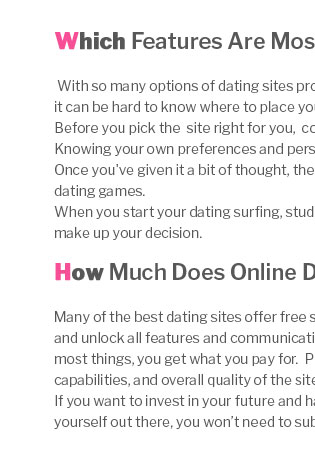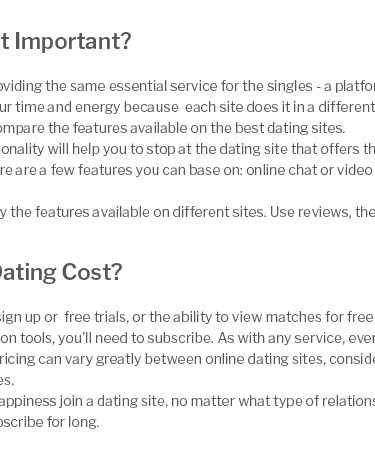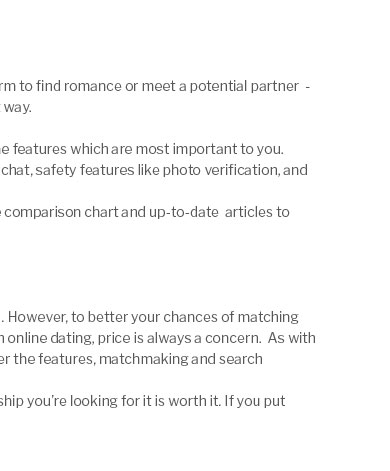one night stand information essentials and tipsOverview and intentA one night stand is a consensual, short-term intimate encounter without expectations for an ongoing relationship. The goal here is clarity, safety, and respect so both people feel informed and comfortable. Consent is the foundation. Core principles at a glance- Mutual consent: Only yes means yes; silence or ambiguity is not consent.
- Adults only: Engage solely with consenting adults.
- Respect: No pressure, no manipulation, no shaming.
- Protection: Use barriers such as condoms or dental dams to reduce risk.
- Privacy: Share only information you are comfortable sharing.
- Exit freedom: Anyone can stop at any point.
Your boundaries matter. Consent and communicationWhat to clarify- What each person is and is not open to.
- Barrier use and contraception plans.
- Preferred language, pronouns, and comfort levels.
- Substances: comfort with alcohol or other use; avoid impairment that blocks clear consent.
- Privacy norms: photos, social media, and discretion.
Helpful phrases- “I’m okay with X; I’m not okay with Y.”
- “Let’s use condoms for all genital contact.”
- “If something feels off, we stop.”
- “No recording or photos.”
No is final. Safety and health- Meet in a public, well-lit place and keep transport independent.
- Tell a trusted person your plan and location details.
- Carry barriers and compatible lubricant.
- Keep beverages in sight and decline anything suspicious.
- Watch for coercion, hostility, or secrecy around protection.
Healthcare services can provide STI testing, vaccines where applicable, and guidance on barrier methods. If you use toys, clean and cover them with a fresh barrier for each partner and orifice. Finding partners ethicallyUse platforms that support clear profiles, reporting tools, and privacy controls. Be honest about intentions and considerate in messages. For those exploring casual connections, some use resources like hook up one night stand to learn about norms and expectations in casual contexts. Privacy and digital boundaries- Avoid sharing home address, workplace, or financial info.
- Disable geotags and review privacy settings in apps.
- Say no to photos or recordings if that’s your preference.
- Agree on name usage and messaging etiquette.
Community spaces such as hookupsite club can offer discussions on privacy tools, profile tips, and respectful outreach. Emotional wellbeingPeople can experience a range of emotions: contentment, neutrality, or confusion. All are valid. Choose self-care that fits you, such as journaling, a calming activity, or talking with a trusted friend or a counselor. If the encounter doesn’t feel right, step away and prioritize safety. Etiquette that keeps things smooth- Be clean, considerate, and punctual with communication.
- Handle property with care; ask before using items.
- Avoid judgment about bodies, preferences, or experience.
- Say thank you; kindness counts.
Red flags to avoid- Pressure to ignore protection or boundaries.
- Anger, belittling, or controlling behavior.
- Reluctance to meet in public or share basic safety info.
- Impairment that blocks clear decision-making.
Trust your instincts. Quick checklist- Clear consent and boundaries.
- Barriers and lube ready.
- Independent transport and a safety contact.
- Device charged and privacy settings reviewed.
- Plan for hydration, snacks, and rest afterward if desired.
FAQWhat does consent mean in this context?Consent is an enthusiastic, informed agreement to specific activities. It is specific, can be withdrawn, and requires a clear mind. If you sense pressure, confusion, or hesitation, pause and reassess. How can I reduce health risks?Use condoms or dental dams for oral, vaginal, and anal contact, add compatible lubricant, and replace barriers with each change of activity or partner. Seek STI testing through healthcare services and discuss protection openly. What should I share about myself?Share only what feels safe. Protect your home address, workplace, personal contacts, and financial info. Create boundaries around photos and social media, and agree on discretion. What if I change my mind?You can stop at any point. Say “I’m done” or “No,” create space, and leave if needed. If the other person ignores this, prioritize safety and seek help from trusted contacts or authorities. How do I stay discreet on apps and messages?Use privacy settings, avoid linking public profiles, limit location sharing, and decline photo exchanges that feel risky. Keep communication respectful and concise. What should I bring with me?Phone, charger or power bank, condoms and compatible lube, a small hygiene kit, and a payment method. Keep essentials accessible so you can leave comfortably at any moment.

|



















